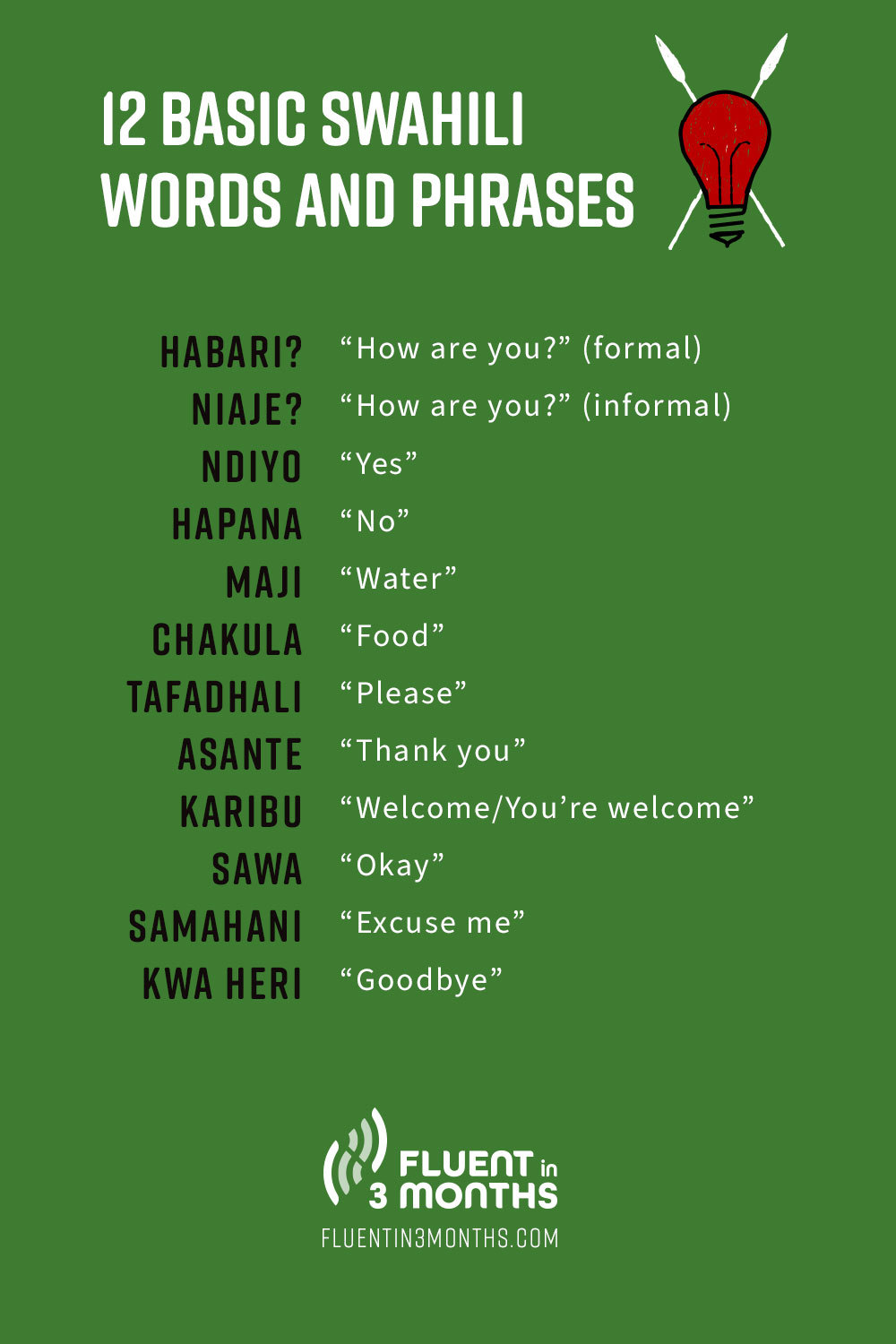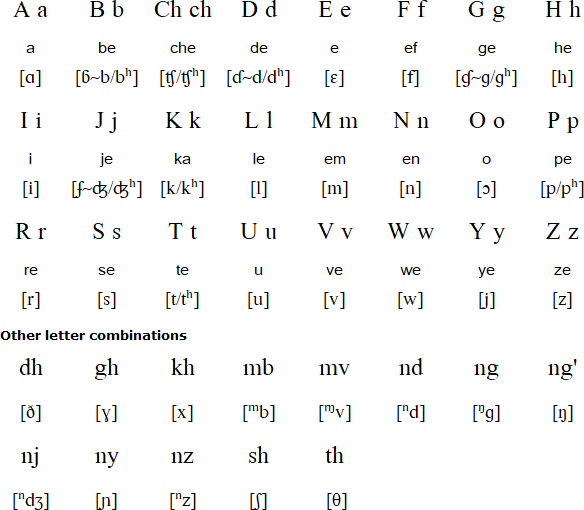Swahili For Freedom - A Language Of Connection
This language, known as Kiswahili to those who speak it, has quite a story. It's a Bantu language, which is a big family of languages, and it first came from the Swahili people. You find these folks mainly in places like Tanzania and Kenya, and it really connects a lot of different communities across a wide area. So, it's almost like a shared way of talking for many people in that part of the world. It’s a way of communicating that has deep roots, really, stretching back to its beginnings with a particular group of people, giving them a common voice.
It's not just a language people speak at home, you know, their very first words, but it's also used by many as a second language, a way to speak easily with others, particularly along the eastern coast of Africa. This stretch goes all the way from Lamu Island, which is in Kenya, and it kind of helps people communicate across different groups, you see. So, it's pretty much a common thread for many who live and work in that vast region, allowing them to share ideas and stories, making things a bit more open for everyone.
This language, Kiswahili, is spoken by so many folks all over East Africa, truly millions upon millions. We are talking about a very large number of individuals who use it in their daily lives, which is quite something. It's actually one of the official languages in places like Kenya, Tanzania, Uganda, and even the Democratic Republic of Congo. That's a lot of ground it covers, isn't it? This official standing means it plays a really important role in how these countries run, from schools to government offices, basically, offering a path to greater understanding and, in a way, swahili for freedom.
Table of Contents
- What Makes Swahili a Language of Freedom?
- Where Does Swahili for Freedom Take Root?
- How Did Swahili Become So Widespread for Freedom?
- Is Swahili for Freedom Recognized Globally?
- The Many Voices of Swahili for Freedom
- Swahili for Freedom - Connecting Communities
- Learning Swahili for Freedom
- The Future of Swahili for Freedom
What Makes Swahili a Language of Freedom?
The language we call Swahili, or Kiswahili as it's known in its own tongue, is more than just words; it's a way for people to share ideas and stories, you know, to express themselves freely. It's a Bantu language, which means it belongs to a very large group of languages that have spread across much of Africa. Originally, this particular language was the way the Swahili people communicated, and they are mostly found in places like Tanzania and Kenya. You know, it's almost like a common thread that runs through these areas, linking people together and giving them a shared way to talk.
It's interesting to consider that this language, Kiswahili, is spoken by a truly huge number of people, spanning across a very large part of East Africa. We are talking about millions and millions of individuals who use it every day, which is a significant number. This widespread use, you see, helps to create a kind of shared understanding, a way for many different groups to interact and work together, which is a bit like a form of freedom in itself, isn't it? It allows for smoother interactions and a sense of belonging.
This language is not just a local tongue; it has actually grown to be a very important language, arguably the most studied of the languages that come from Africa itself. It's the national language, and an official one too, in both Kenya and Tanzania. That kind of status, you know, gives it a lot of weight and helps it to be a tool for people to express themselves and participate fully in their countries, giving them a sense of swahili for freedom. It provides a common ground for national discussions and daily life.
The ability to communicate easily across different groups of people can open up many possibilities. When a language becomes a bridge, it allows for the free flow of ideas, of goods, and of culture. This kind of shared communication, you see, can help people feel more connected and less isolated. It’s a very practical aspect of everyday life that helps build stronger communities and allows people to move with greater ease through their world, creating a sense of shared purpose and understanding.
Where Does Swahili for Freedom Take Root?
So, where does this language truly call home? Well, the Swahili language, which is a Bantu language, is spoken either as a first language, a mother tongue, or as a very fluent second

A Beginner’s Guide to Swahili – uTalk Blog

How to Learn Swahili: An In-Depth Guide (With Resources!)

Swahili alphabet, pronunciation and language